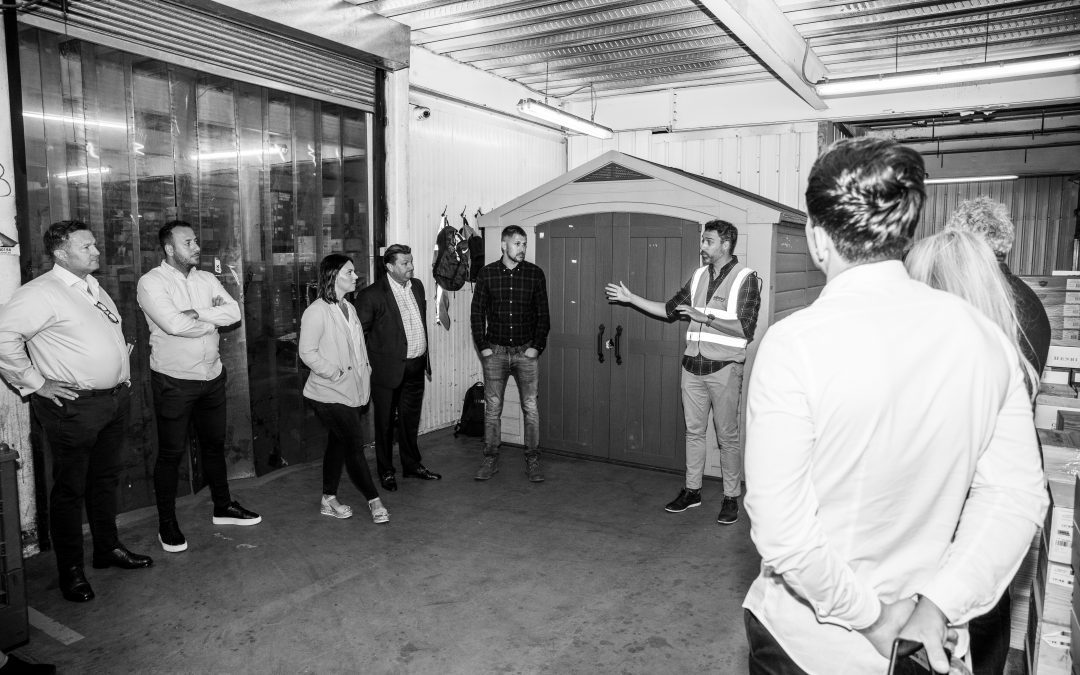If you’re thinking about a first time investment but aren’t sure where to start, investing in wine could be the way forward. In comparison with other financial investments, fine wine is considered to be low-risk and high-reward. Fine wine investment is an excellent way to diversify your portfolio, as it is a tangible asset that improves with age and is not as intrinsically linked to the financial market as other investments.
If you had invested £100 in the fine wine market in 1952, your investment would now be worth £420,000. The same investment in the stock market would only be worth £100,000. So, not only is fine wine a safer investment option, it can also offer very impressive returns.
Low-Risk Investment
As we have seen over the course of the pandemic and as a result of Brexit uncertainty, the world and the stock market can be very unpredictable. At times like these it is particularly important to invest in stable assets that don’t have a strong correlation to the financial market.
For example, over the past five years the FTSE 100 dropped by 14.3%, while Liv-Ex’s Burgundy 150 grew by 76.95% during the same period. When the Covid-19 crisis began, the stock markets went into freefall and the S&P Global Luxury Index fell by 23%. On the other hand, the Liv-Ex fine wine 1000 slipped by just 4%, and had already begun to recover in May 2020. Investing in wine stocks is the ultimate safe haven in times of economic turbulence.
A Tangible Asset
In today’s volatile environment, both ‘traditional’ stocks and shares and newer types of investment such as cryptocurrency are less reliable than a tangible asset such as fine wine. In May, Bitcoin plunged by almost 30% in one day as the consequence of a string of tweets by Elon Musk. The result of another series of tweets by Donald Trump in 2020 led to Amazon’s value plunging by $31 billion. Investing in wine stocks will leave you far less vulnerable to losses as a physical, limited supply asset tends to be more stable.
Fine wine is one of the few tangible commodities that can be traded internationally with ease and is not reliant on a single economy, which is one of the reasons it holds up so well during times of financial crisis. It’s a great way to diversify your investment portfolio in order to minimise risks from other less stable markets.
Wine Investment Supply and Demand
The fine wine market is held up by simple supply and demand, offering guaranteed, steady returns. Only a limited number of cases are produced of each wine, and global demand has continued to grow over the past decade, with a new emerging market in the Far East. Production cannot be increased to keep up with demand as vineyard capacity is limited, so the value of the wine continues to grow with time as more bottles are consumed.
Tax Benefits
While fine wine is considered to increase in taste (and value) as it ages, in terms of chemical composition its ’predictable life’ is often considered to be less than 50 years. This means that fine wine is classified by HMRC as a ‘Wasting Asset’, and any profits made on sale are exempt from Capital Gains Tax.
Portfolio Management
Investing in wine stocks is often considered to be an ‘armchair investment’, and it’s easy to get to grips with, whether you are an experienced investor or it’s your first time. You can choose to be very involved in your portfolio management, or you can leave the finer details to us to organise for you.
At Vintage Associates, we can help with every step of the process. We can offer you initial recommendations for investment with a tailored portfolio plan, safe and secure storage at London City Bond, an insurance policy, advice on when to exit the market and help with sale. Contact us to find out more.

